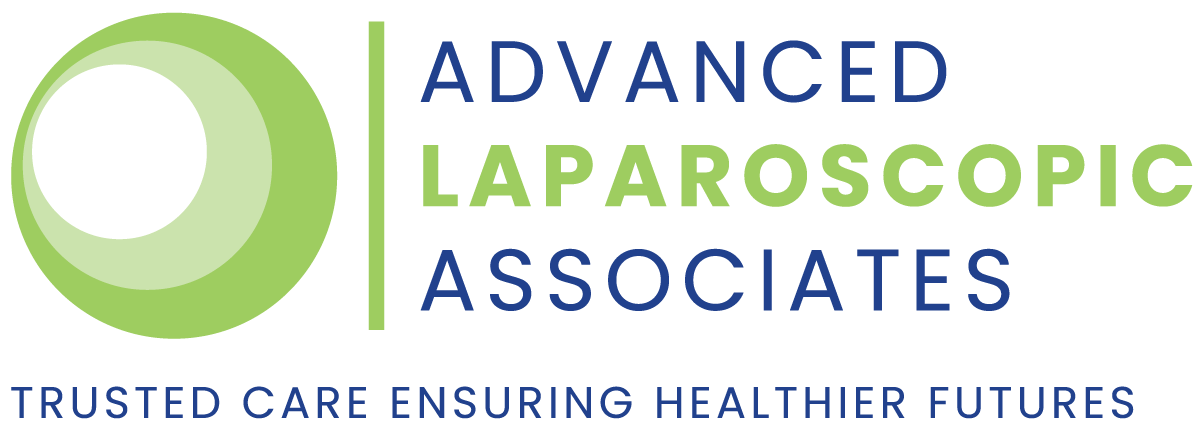GERD vs Acid Reflux

Although the terms heartburn, GERD and acid reflux are often used interchangeably, they are actually very different conditions. Gastroesophageal reflux disease (GERD) is a chronic, more severe form of acid reflux disease, whereas acid reflux is a relatively common medical condition that can range in severity from mild to serious.
What is Acid Reflux?
Acid reflux, also known as heartburn, occurs when acid from the stomach flows back into the esophagus due to abnormal openings between the lower esophageal sphincter (LES) and the stomach. This can happen when you are lying down or after meals. It can also happen when you are bending over, which puts pressure on your stomach and pushes the acid up into your esophagus.
What Causes Acid Reflux?
A number of things can cause or aggravate acid reflux, including:
- Eating certain foods, such as fried and fatty meals, tomato-based products, spices, chocolate and mint
- Eating or drinking citrus fruits and juices and consuming caffeinated beverages such as coffee and tea
- Drinking too much alcohol
- Being overweight
- Smoking cigarettes
- Pregnancy
- Certain medications
Acid Reflux Symptoms
The most obvious symptom of acid reflux is heartburn, a burning feeling in the chest rising up to the throat. Other symptoms may include:
- A sour, bitter taste in your mouth
- Nausea
- Belching
- Loss of appetite
- Bad breath
- Feeling extremely full after only eating a small amount
Acid Reflux Treatment
The most important step in treating acid reflux is to avoid the foods that cause it. These include chocolate, caffeine, alcohol, acidic juices, fatty or fried foods and spicy foods. Other steps you can take are to quit smoking and to lose weight if you are obese.
When conservative methods don’t work, there are also certain medications you can take such as antacids like Tums or Maalox, or H2 receptor blockers which help reduce the amount of acid the stomach produces.
What is GERD?
Most of the time, the lower esophageal sphincter (LES) opens to let food enter the stomach, then closes to keep food and acid in the stomach where it belongs. In people with gastroesophageal reflux disease (GERD), the LES does not close completely, allowing acid and sometimes even food to flow back up into the esophagus. Some of these people also have extra tissue in their stomachs (hiatal hernia) that pushes on the LES and makes it stay open more than usual.
What Causes GERD?
GERD occurs when your lower esophageal sphincter is either too loose or too tight, causing it to open at the wrong time. In some cases, the opening may be large enough for stomach contents to flow up into your esophagus.
GERD Symptoms
Stomach acid that becomes trapped in the esophagus can cause a variety of symptoms, including:
- Heartburn
- Chronic cough or hoarseness
- Regurgitation of food or sour liquid
Less frequent symptoms include:
- Gas and severe discomfort
- Chest pain
- Nausea
- Laryngitis
- Asthma
- Chronic cough
GERD Treatment
Avoiding certain foods that are known to increase the amount of acid in the stomach, may help reduce the symptoms of GERD without taking medications, as well as making certain lifestyle changes such as quitting smoking, losing weight, eating smaller meals and sitting upright for at least three hours after eating.
If these changes don’t relieve the symptoms, medications such as antacids, H2 blockers, which reduce the amount of acid a person’s stomach produces and proton pump inhibitors, which also reduce acid in the stomach, are available with or without a prescription.
If medications still aren’t enough, surgical options are also available:
LINX® Reflux Management System – Advanced Laparoscopic Associates is one of the only practices in New Jersey certified in the revolutionary LINX® Reflux Management System (LINX). It is a quarter-sized ring of magnetic titanium beads that wraps the esophagus and reinforces the LES.
Fundoplication – This surgical procedure reinforces the LES and prevents stomach acid from creeping up the esophagus.
If you have tried lifestyle changes and medications to control GERD and found them to be ineffective, schedule an appointment with one of Advanced Laparoscopic Associates’ expert surgeons today.

